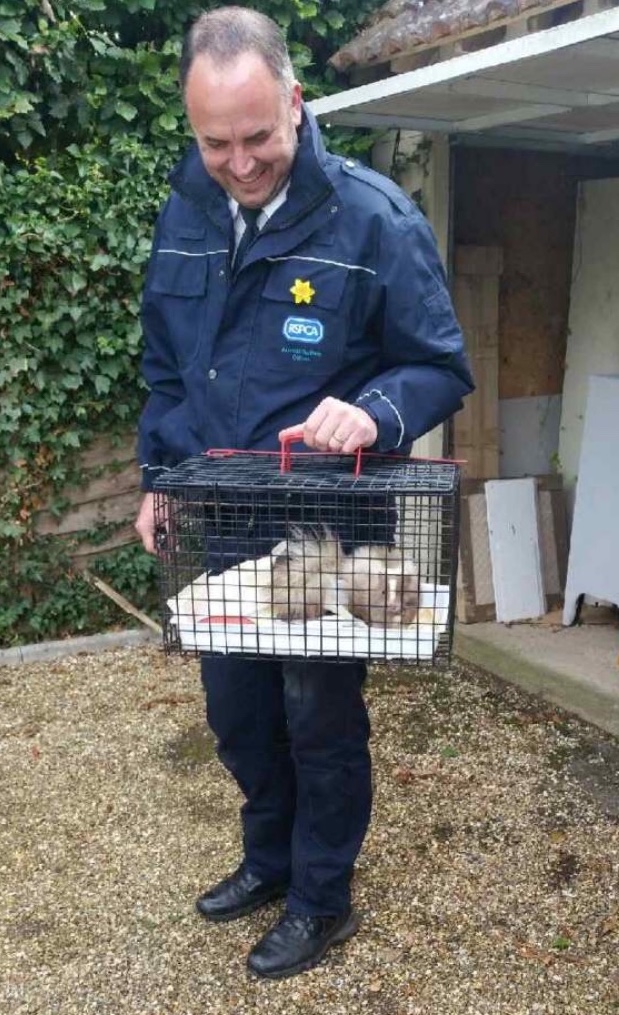A professional pest controller had to do a double take - and take a deep breath - after coming face-to-face with a skunk in Surrey.
Paul Nugent of North Downs Pest Control, a Probationary Member of the British Pest Control Association (BPCA) was called out by a householder to capture what they believed to be a rodent seen in their garden.
A humane live trap was set up, but Paul was in for the shock of his life when he saw he'd caught the mammal, which is renowned for its strong, unpleasant smell.
Paul said: "When I got up that day the last thing I thought would be happening was a client calling to say there was a skunk in a live trap.
"I've never seen anything like it in my 10 year career.
"In truth I did not really believe it until I had witnessed it first hand."
After getting over the shock, Paul arranged for the skunk, which is believed to be around three months old, to be taken by the RSPCA.
Video; Skunk in Paul's live trap
According to BPCA, this is not the first time a skunk has been discovered in the wild in Britain.
Dee Ward-Thompson, technical manager said: "A colony of skunks were rescued in 2009 in the Forest of Dean; however, there has been no reported sightings since 2013.
"Wildlife experts say they can endanger some of our native species so it was important the situation in Surrey was carefully handled.
"Fortunately, the skunk was captured by a BPCA member professional, who was able to advise and deal with the situation safely, legally and effectively."
Skunk Factfile
- Skunks are nocturnal, and look for food at night while we sleep.
- It’s legal to keep skunks as pets in the UK however it is illegal to have the scent glands removed.
- Skunks are omnivores, which means they will eat meat and vegetation.
- Young Skunks are called Kits, and once adult they have a relatively short lifespan; they only live for an average of around six years in the wild and around six to ten years in captivity.
- Skunks are solitary by nature.
The RSPCA firmly recommends against buying or keeping skunks as pets, as they say their needs cannot adequately be met within the confined and transient environment of pet shops, or within typical household environments. The RSPCA also advises that is an offence under the Wildlife and Countryside Act 1981 (as amended) to release these animals, or allow them to escape, into the wild because they are not a native species to the UK.
Image right; RSPCA Inspector collects Skunk from property in Guildford.
 Ben Massey
Ben Massey
Marketing and Communications Manager
15 September 2017 | BPCA Online

Source: BPCA